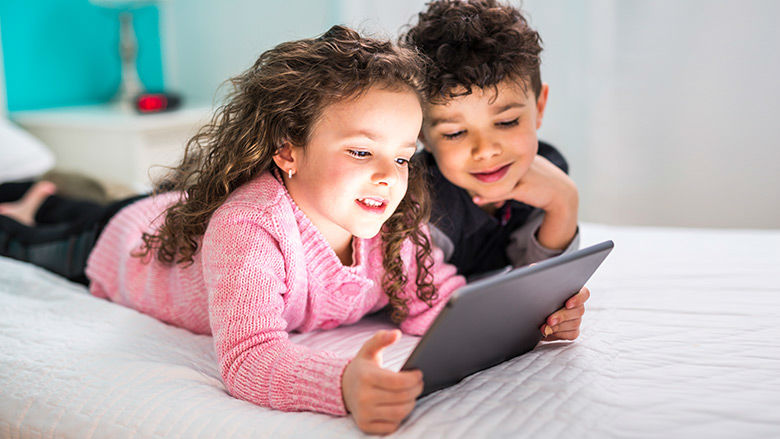The subject of screen time for children is often a point of contention, attracting a mix of scientific research, societal opinions, and parental instinct. While it’s undeniable that technology provides a wealth of educational and engagement opportunities, questions about its effects on the psychological and cognitive development of young children remain. This article aims to present a balanced view, offering insights to British parents, educators, and policymakers on the complexities surrounding screen time for children.
Table of Contents
The Changing Face of Screen Time
The concept of ‘screen time’ has undergone significant shifts over recent years. Initially centred on television viewing, the term has broadened to encompass computers, tablets, smartphones, and other interactive devices. It’s crucial to understand that not all screen time experiences are the same; the effects can differ considerably depending on the type of content and the context in which it is consumed.
Educational Content Versus Entertainment
There’s a considerable difference between time spent on educational activities and pure entertainment. Research indicates that educational apps and programmes can have positive cognitive effects, particularly when they are age-appropriate and aligned with developmental objectives. The use of tablets and computers has been a feature in the education of young children from as early as nursery school. However, unrestricted exposure to entertainment-centric content, especially at an early age, can lead to problems such as shorter attention spans and behavioural issues.
The Social Aspect
One critical area of concern is the social dimension of screen time. While technology can enable communication and interaction, excessive screen time may result in isolation, reduced physical activity, and an impaired ability to interpret social cues. Ensuring a balance between online interaction and real-world social engagement is vital for a child’s rounded social development.
Age-Based Guidelines
British health organisations, similar to the American Academy of Pediatrics, recommend varying screen time allowances according to age. For instance, children below 18 months are advised to avoid screen time aside from video chatting, while those between 2-5 years should have no more than one hour per day of high-quality content. Following such guidelines can help British parents make educated decisions about their child’s technology use.
Screen Time and Sleep Quality
Several studies point out that excessive screen time, particularly close to bedtime, can negatively impact sleep quality in children. The blue light emitted by screens can interfere with circadian rhythms, leading to sleep disruption. Given the crucial role sleep plays in cognitive development, parents should exercise caution regarding screen time during evening hours.
Parental Engagement
Possibly the most crucial factor in managing screen time is the role of parents. Monitoring the quality and duration of screen time, rather than merely setting limits, is key. Co-viewing or engaging in interactive educational activities can elevate screen time into an enriching and socially interactive experience.
Conclusion
Screen time is a nuanced issue; it presents both opportunities and potential pitfalls. The key to navigating this complex landscape lies in a balanced and informed approach. By adhering to age-appropriate guidelines, distinguishing between types of content, and maintaining a healthy balance with other forms of activity, British parents and educators can leverage the positive aspects of technology without compromising the cognitive and psychological well-being of children.
